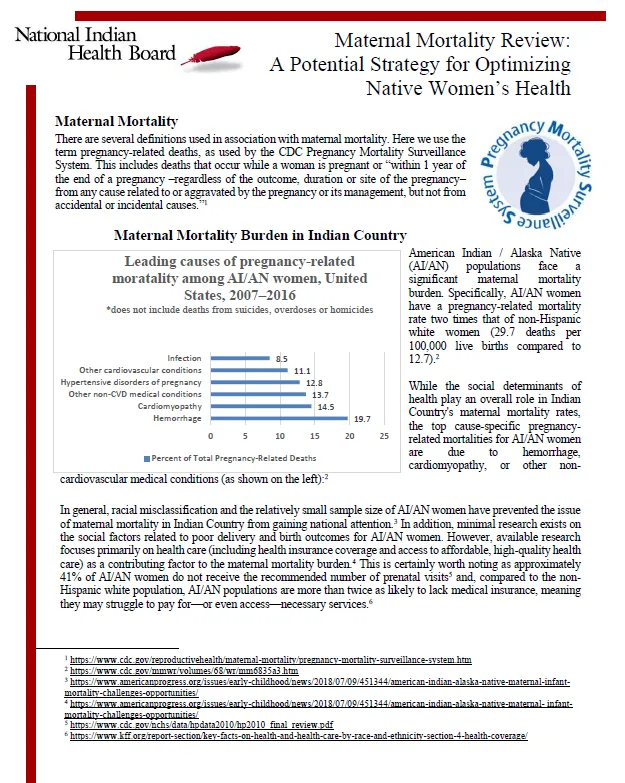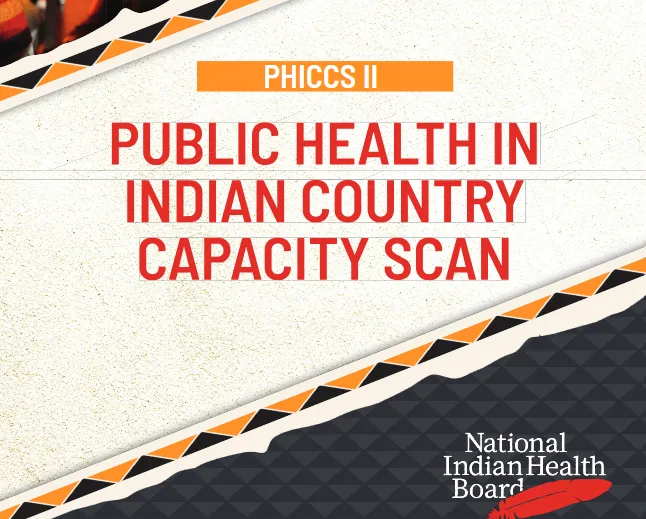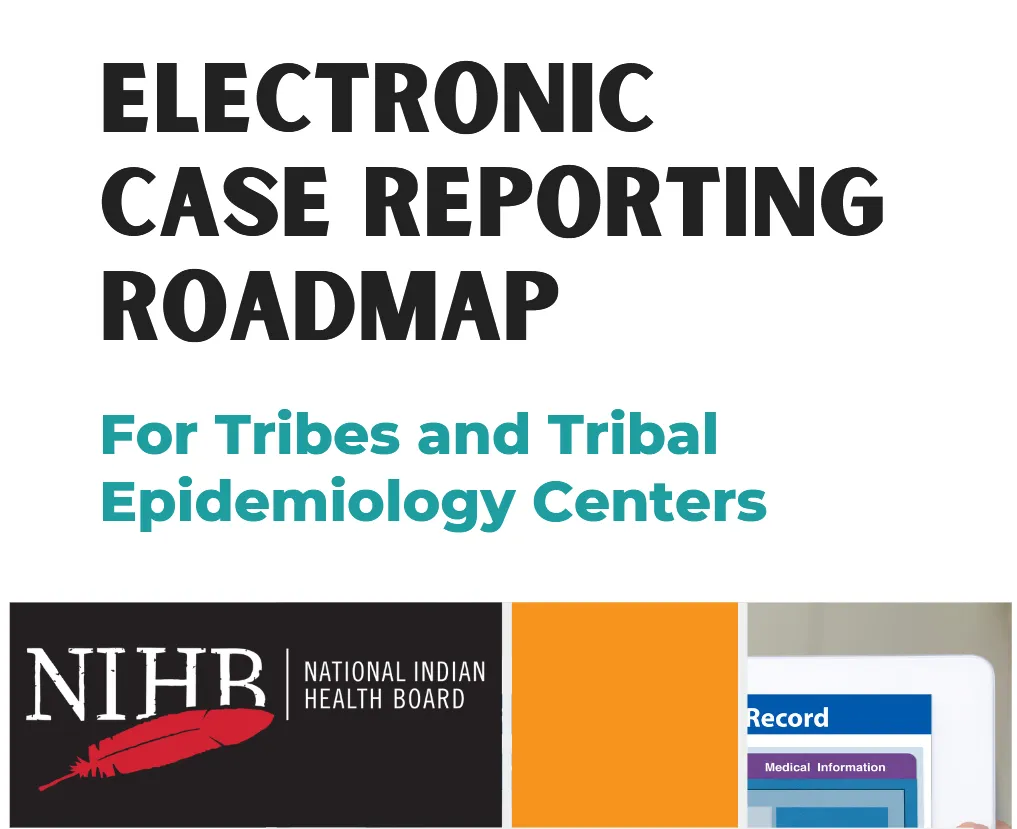April 11, 2025
The Honorable Mehmet Oz
Administrator
Centers for Medicare and Medicaid Services
Department of Health and Human Services
7500 Security Boulevard
Baltimore, MD 21244
Submitted via regulations.gov
Re: Patient Protection and Affordable Care Act; Marketplace Integrity and Affordability
Dear Acting Administrator Carlton:
On behalf of the Centers for Medicare and Medicaid Services (CMS) Tribal Technical Advisory
Group (TTAG), I write to express significant concerns regarding the proposed rule, Patient
Protection and Affordable Care Act (ACA); Marketplace Integrity and Affordability (CMS-
9884-P). Given the potential ramifications for American Indian and Alaska Native (AI/AN)
beneficiaries, we strongly urge CMS to delay this Notice of Proposed Rule until Congressional
reconciliation and Medicaid appropriations are finalized, and impacts can be assessed.
The Indian Health Care Improvement Act (IHCIA), enacted as part of the ACA (P.L. 110-148),
established critical provisions ensuring AI/ANs have equitable access to healthcare through
special enrollment protections. Congress explicitly recognized its trust and treaty obligations,
stating, “[I]t is the policy of this Nation, in fulfillment of its special trust responsibilities and
legal obligations to Indians — to ensure the highest possible health status for Indians and urban
Indians and to provide all resources necessary to effect that policy.”1 Any regulatory changes
must uphold these statutory protections and avoid undermining the United States’ trust and treaty
responsibilities. We urge CMS to reconsider provisions that would interrupt healthcare access
for AI/AN communities.
PROPOSED REGULATORY CHANGES
- Failure to File and Reconcile (FTR) Process (45 CFR § 155.305)
The proposed amendment to § 155.305(f)(4) would render individuals ineligible for Advance
Premium Tax Credits (APTC) if they fail to file and reconcile their taxes for a single year. This
may be challenging for AI/AN individuals whose taxes are being processed due to audits or
administrative delays. The potential administrative delays within the IRS may impact the





